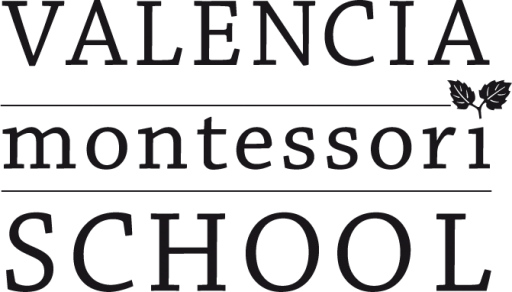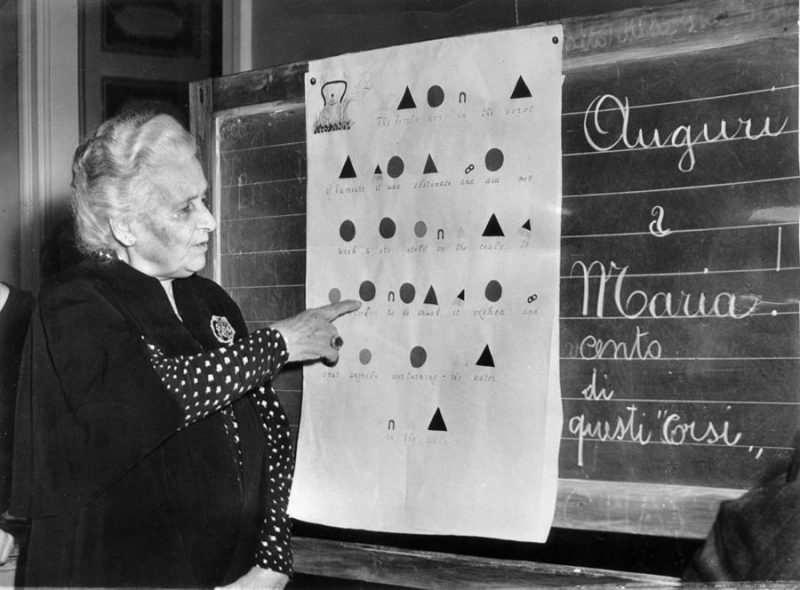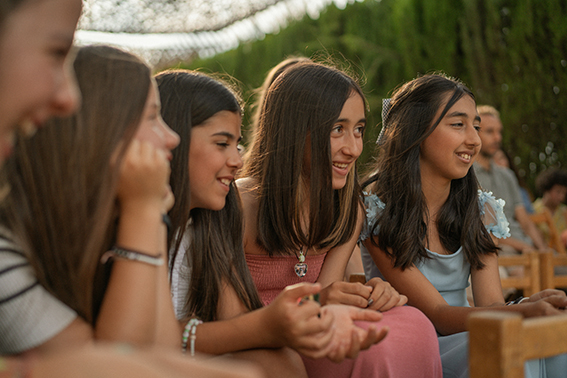In the world of education, there are names that have marked a before and after. Undoubtedly, Maria Montessori is one of those people who has left an indelible mark on the history of pedagogy. In this article, we will learn a little more about her life, her work and her legacy, as well as the application of her teachings in Montessori education.
Who was Maria Montessori?
Born in Italy in 1870, Maria Montessori was a physician, educator and anthropologist who dedicated her life to studying and understanding child development. In her quest to find an educational method that respected children’s natural learning pace, Montessori created her own pedagogical approach based on observation, experimentation and autonomy. Thus was born the Montessori Method, which revolutionised education and spread throughout the world.
In 1907, she opened the first Casa dei Bambini (Children’s House) in Rome, the beginning of an educational revolution. Montessori education is based on the idea that each child is unique and should be treated as such. Montessori believed that children are capable of learning on their own, as long as they are given the right environment and the necessary stimulation.
But what makes the Montessori Method so special? Firstly, it is based on the idea that each child has unique potential and that the role of the educator is to accompany and guide their development. Instead of imposing knowledge in a top-down manner, it promotes exploration, discovery and autonomous learning.
In addition, the Montessori Method encourages independence and responsibility from an early age. Children learn to take care of themselves and the environment around them, developing practical and social skills that are fundamental for their lives.
But the Montessori Method is not only concerned with children’s cognitive and physical development, but also with their emotional development. Emotional education is promoted from an early age, helping children to identify and express their emotions in a healthy and constructive way.
Numerous studies have shown that the Montessori Method has multiple benefits, such as the development of social and emotional skills, increased self-esteem and creativity, and improved academic performance.
Maria Montessori’s Education Today
Today the Montessori Method maintains its prestige and relevance within the educational landscape. Studies have shown that children educated in the Montessori approach have a greater capacity for concentration, greater creativity, better problem solving and higher self-esteem than children educated in traditional methods. In addition, the Montessori Method has been shown to have a positive impact on the development of emotional intelligence in children.
Montessori education has spread throughout the world. In recent years, there has been an increase in demand for Montessori education from families seeking an alternative education for their children. This is due, in part, to the need for a change in the traditional educational model. Montessori education not only focuses on academic knowledge, but also emphasises the emotional and social development of the child. Montessori children learn to be independent, responsible and autonomous from an early age. In addition, teamwork, collaboration and respect for others are encouraged.
In short, Maria Montessori was a woman ahead of her time who revolutionised early childhood education with her method. Her pedagogical approach has proven to be effective in the integral formation of children and has inspired and continues to inspire many educators to follow her principles, being a reference in the educational field.
Maria Montessori and her method
In conclusion, we cannot talk about the Montessori method without mentioning its creator, Maria Montessori. Her dedication, passion and revolutionary vision have left an invaluable legacy in the field of education and child rearing.
Thanks to Maria Montessori’s tireless efforts, her method spread around the world, impacting the lives of millions of children and families. Her pedagogical approach has proven effective over the years, remaining relevant and adapting to the needs of today’s society.
Maria Montessori believed in the infinite potential of each child and advocated respect for their individuality. Her approach is based on observation, following children’s interests and creating a prepared environment that encourages exploration and independent learning. Maria Montessori’s legacy inspires us to continue to seek and promote educational methods that are child-centred, that value their uniqueness and that provide them with the necessary tools to develop their full potential.
Today, the Montessori method continues to transform education and parenting around the world. Maria Montessori’s vision and teachings continue to be a source of inspiration and guidance for those who wish to offer children an education based on respect, freedom and a love of learning.
Bibliographical references:
- Montessori, M. (1949). The Absorbent Mind. New York: Henry Holt and Company.
- Lillard, A. S. (2017). Montessori: The Science behind the Genius. Oxford University Press.
- Seldin, T. (2004). Montessori Today: A Comprehensive Approach to Education from Birth to Adulthood. Schocken.
